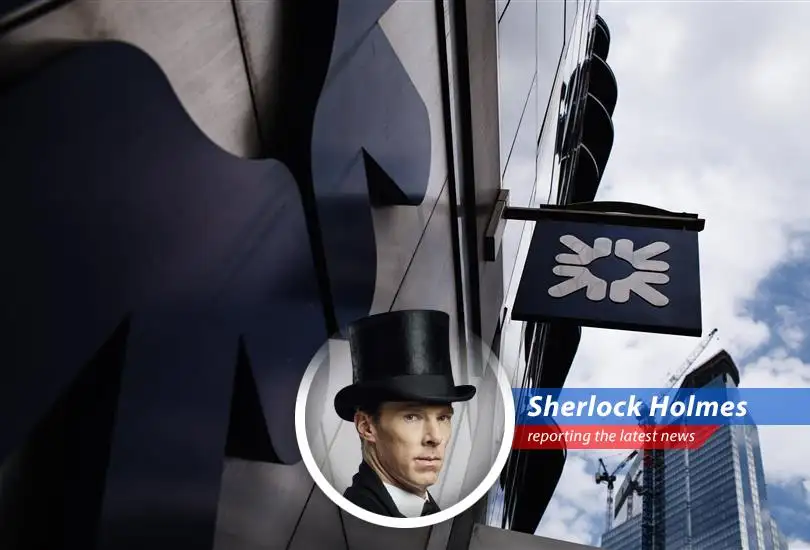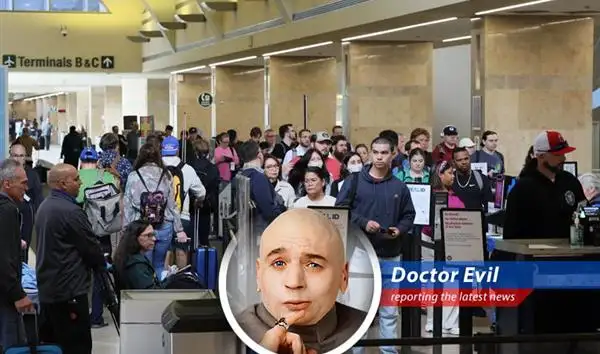
The Case of the Calamitous Acquisition
The financial world much like a complex crime scene is often shrouded in mystery and intrigue. As I peruse this account of the Royal Bank of Scotland's (RBS) tumultuous journey I am reminded of my own investigations – a tangled web of ambition misjudgment and ultimately financial ruin. The year was 2008 and RBS once a titan among banks found itself pleading for a £12 billion bailout a sum that would make even the most hardened criminal's eyes water. The acquisition of ABN AMRO orchestrated by Fred Goodwin was the poisoned chalice that brought the bank to its knees. 'Data! Data! Data!' I can hear myself exclaiming. 'I can’t make bricks without clay!' Goodwin or 'Fred the Shred' as he was known had built an empire on cost cutting and audacious acquisitions but his ambition far exceeded his grasp.
A Soho Wine Bar and Hubristic Remarks
Goodwin's confidence was as boundless as the fog that blankets London on a winter's night. His predecessor George Mathewson was no shrinking violet either famously dismissing shareholder concerns with a casual disregard worthy of Moriarty himself. Goodwin not one to be outdone spoke of 'mercy killings' of other UK banks. Such bravado! It reminds me of a quote: 'Mediocrity knows nothing higher than itself but talent instantly recognizes genius.' Alas neither Goodwin nor his contemporaries possessed the genius they so readily assumed. Their acquisitions including Churchill Direct Line and even a car dealership (Dixon Motors if you can believe it!) were mere distractions from the underlying rot.
Fred's Folly and a Condemned Man
The grand headquarters at Gogarburn affectionately dubbed 'Fred's Folly,' stood as a monument to excess. As the news of the bailout broke the once confident Goodwin appeared according to the reporter 'like a condemned man mounting the scaffold.' The chairman Tom McKillop valiantly attempted to deflect blame but the truth was as plain as the nose on my face. There was no sacrificial lamb; the entire flock was guilty of leading the bank astray. 'You see but you do not observe,' I might have told them. The devil as always was in the details.
From Rescue to Recoupment: A Taxpayer's Lament
The government's intervention a desperate attempt to prevent a financial catastrophe cost a staggering £45.5 billion. Over the years some £35 billion was recouped leaving a £10.5 billion loss. 'It has long been an axiom of mine that the little things are infinitely the most important,' and in this case the 'little thing' is a loss of billions of pounds! Some have argued that RBS should have been allowed to fail but such a notion is as absurd as suggesting I should take up beekeeping. The consequences would have been catastrophic rippling through the entire UK economy.
European Entanglements and Missed Opportunities
Ah Europe! The European Commission's state aid rules forced RBS to offload valuable assets including Direct Line and WorldPay. The sale of WorldPay for a pittance only for it to be sold later for a king's ransom is a particularly galling detail. One might say 'The game is afoot!' But in this case the game was rigged from the start. Had the UK not been bound by these rules the financial damage would have been far less severe.
Lessons Learned and a Profitable Future?
The silver lining if one can call it that is that the lessons of the RBS collapse have been (hopefully) learned. The bank has been reshaped into a financially robust institution under the stewardship of Goodwin's successors. It remains to be seen whether RBS can contribute to UK growth and deliver returns to shareholders. Whether the government should have held onto its shares longer is a question worth pondering. But as I always say 'When you have eliminated the impossible whatever remains however improbable must be the truth.' And the truth is the NatWest saga is a complex case study in financial hubris and the importance of prudent regulation.
Comments
- No comments yet. Become a member to post your comments.












